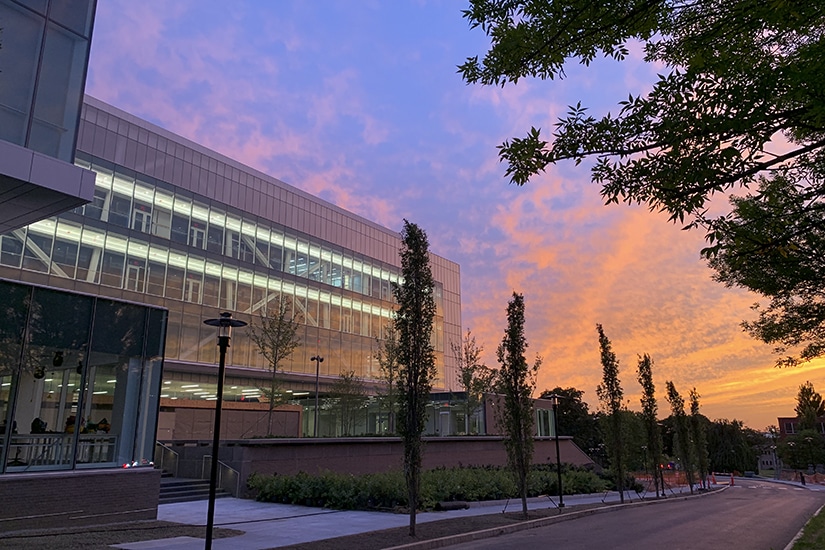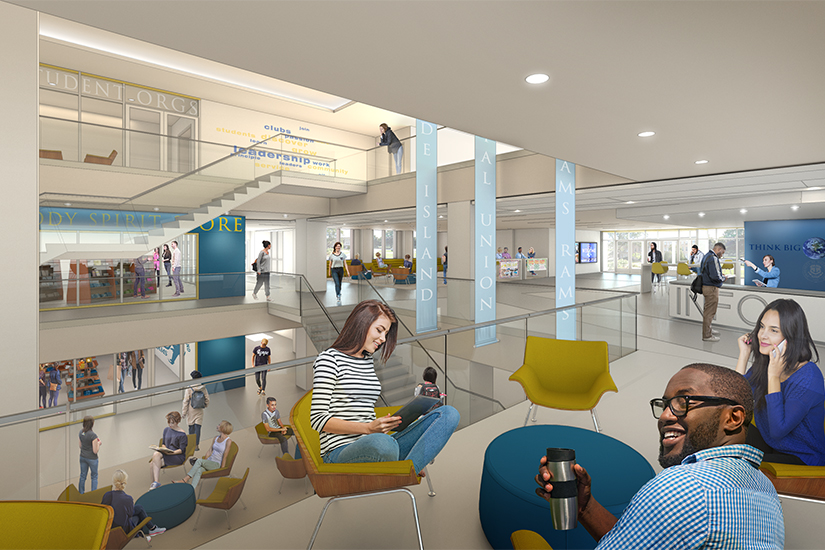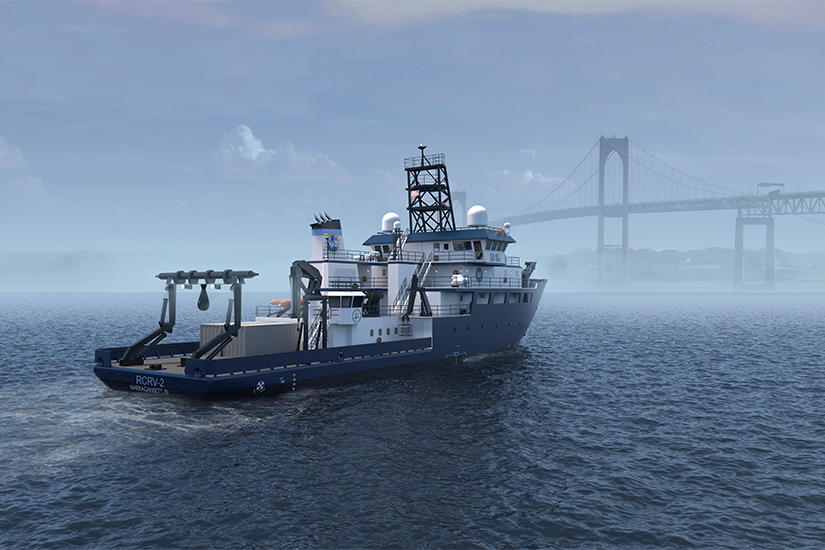|
Getting your Trinity Audio player ready...
|
Karl Calvo is used to being a part of a small group that gets big things done from his time in the Coast Guard, which is about the size of the New York City police department. “It’s the smallest service out of all the military branches, yet we were able to leverage this small organization to complete major missions [including lifesaving, port security, and law enforcement], with sometimes very little fanfare,” he says.
Calvo’s journey in the military began in 1979 when he attended the US Coast Guard Academy, majoring in civil engineering. After graduating in 1983 and spending time aboard ships, he was offered an opportunity to attend grad school at the University of Illinois and pursue a civil engineering career. This decision positioned him for numerous, exciting tours in the future.
He was later selected to return to his alma mater as its assistant vice president of facilities, allowing him to command a civil engineering unit in Juneau, Alaska, which provided construction and design services for all the branch’s facilities within the state. Calvo’s next tour as commanding officer brought him south to Ketchikan where he handled all logistical support for personnel across the state. Then, for his military grand finale, the seasoned veteran oversaw the Coast Guards’ national facilities portfolio out of Washington, DC.

Calvo proceeded to manage facilities at the National Oceanographic and Atmospheric Administration, then joined the US Customs and Border Patrol Protection in various senior leadership positions. The culmination of decades spent building projects all over the country was the perfect setup for his current role as assistant vice president of the facilities group at the University of Rhode Island (URI).
Throughout the numerous positions that Calvo has held, his love for civil engineering and the legacy it leaves remains as strong as ever. “I really enjoy the problem-solving aspect of it, the maintenance side of things, and making things work better,” he notes.
Upon his arrival at URI, Calvo inherited several large projects. There were only six months left until the completion of the new Fascitelli Center for Advanced Engineering. A 190,000-square-foot, four-story building, it’s the gold standard for engineering facilities, with the latest technology and space for both research and teaching. It’s also helped URI support and recruit STEM students.
To further the effort to attract more students not only from Rhode Island but across the country, Calvo’s team recently finished work on its newest residence hall, White Horn Brook Apartments. The building boasts 500 beds, a kitchen in each fully furnished suite, and its own bistro.

The AVP is quick to give recognition to his team and the people he works with. “I think it’s important when you get into a job like mine that you don’t take credit for these things,” he says. “You let the people that are doing all the real work take the credit for it. They’re the ones getting things done.”
The team has been joined by the state to invest in URI’s Narragansett Bay Campus, with an agreement between the Graduate School of Oceanography currently and National Science Foundation to finance, construct, and homeport a new 200-foot regional class research vessel, the Narragansett Dawn, at the campus that will arrive in 2023.
Two more large investments are being made to the Narragansett Bay Campus: three new marine and ocean technology facilities on the upper campus, as well as a massive development project to upgrade the campus’ vintage facilities.
Calvo notes that this is an exciting endeavor, as the Bay Campus is responsible for approximately 30 to 40 percent of all the research investment dollars at URI. “These are much needed projects that support a very important aspect of URI and the folks that conduct the research at this campus,” he says.

Like everyone else working in higher education, Calvo’s work was greatly impacted by the onset of the COVID-19 pandemic in the spring of 2020. His facilities team immediately adapted existing classroom space to meet new CDC and Rhode Island Department of Health guidelines. He upgraded multiple HVAC systems, adjusted all classrooms for social distancing, procured new cleaning equipment and supplies, and led the conversion of over 100 general assignment classrooms for content streaming and virtual learning. More than $1 million was invested to convert the classrooms, as well as $600,000 in new mechanical system upgrades to purify the air through bipolar ionization.
URI’s proactive approach to protecting its students had a direct impact on enrollment applications for the fall 2021 school year, which dramatically increased compared to the 2019 and 2020 school years. “We’re very pleased with the nearly 8 percent increase . . . and feel that the efforts of the facilities group had a great impact on this increase,” Calvo says. “It doesn’t appear that we’re having any trouble attracting students to come back. The outlook for the university seems to be very positive!”
The pandemic allowed for URI’s culture of “can-do teamwork” to flourish. “I don’t have this enormous staff that work for me, and yet they are able to do some crazy, amazing things. They never lost a beat.
“You can get anything done as long as you show faith in the people that work for you,” the AVP continues. “There are a lot of smart people running around and a lot of smart people smarter than me. As a leader, you need to realize that. And that’s okay—you’re leading a group of people not because you’re the smartest in the room. When you trust your people and their capabilities and leverage their teamwork, you can achieve anything.”


